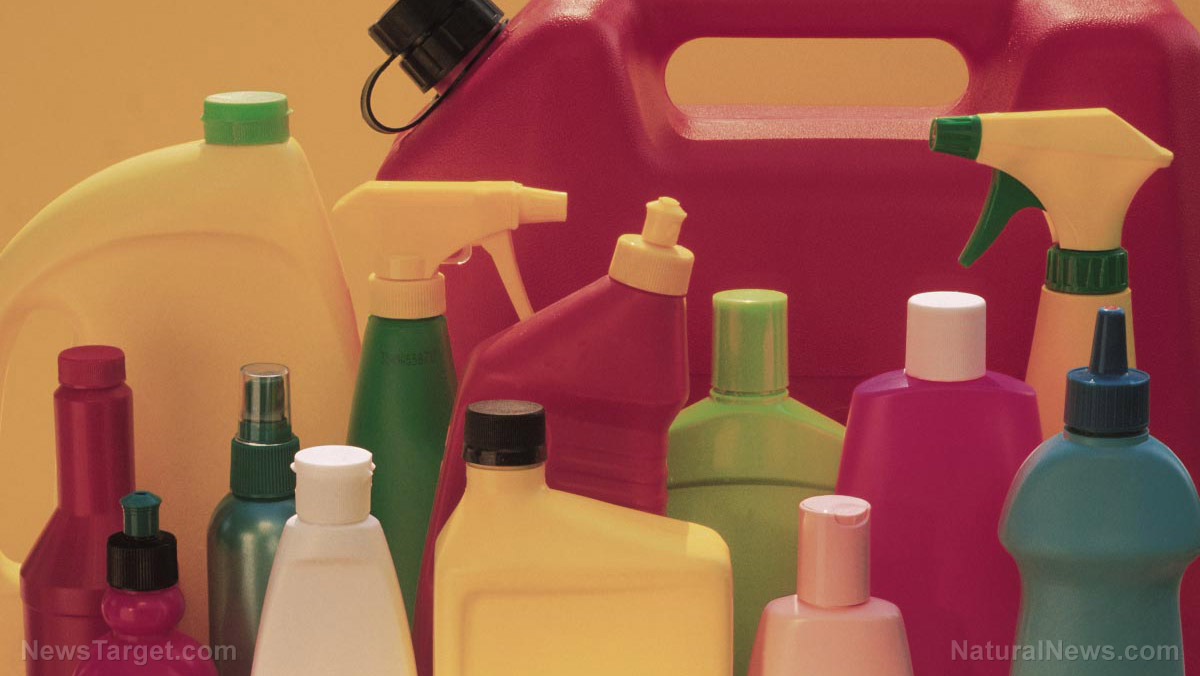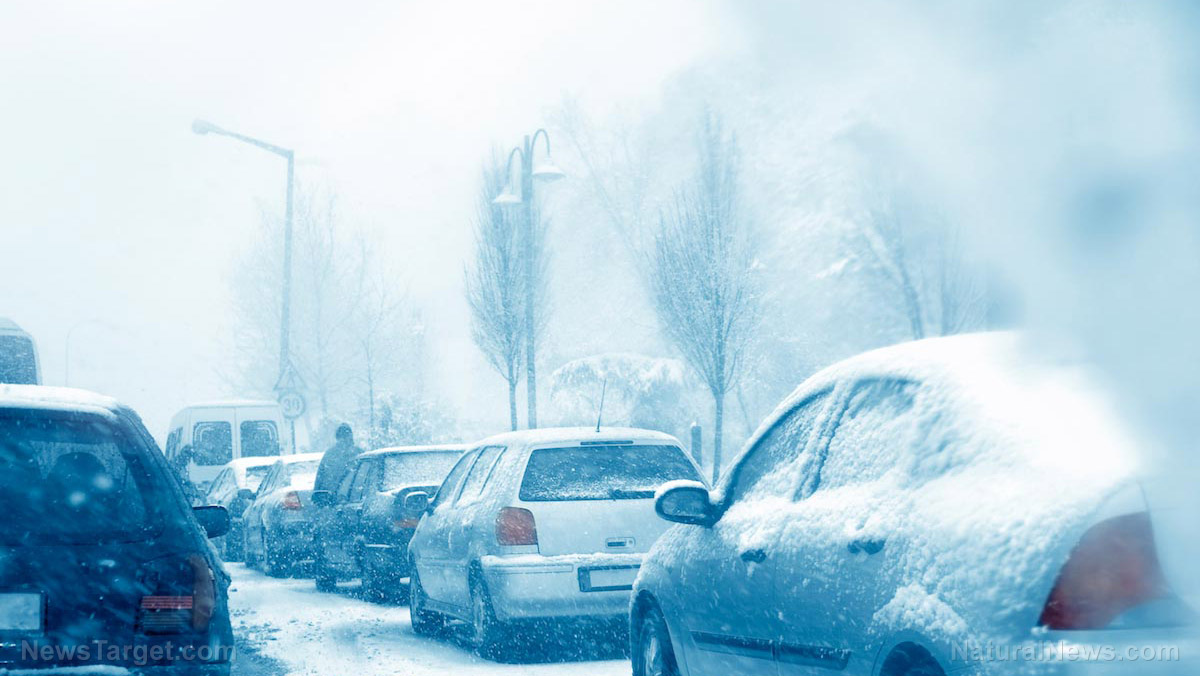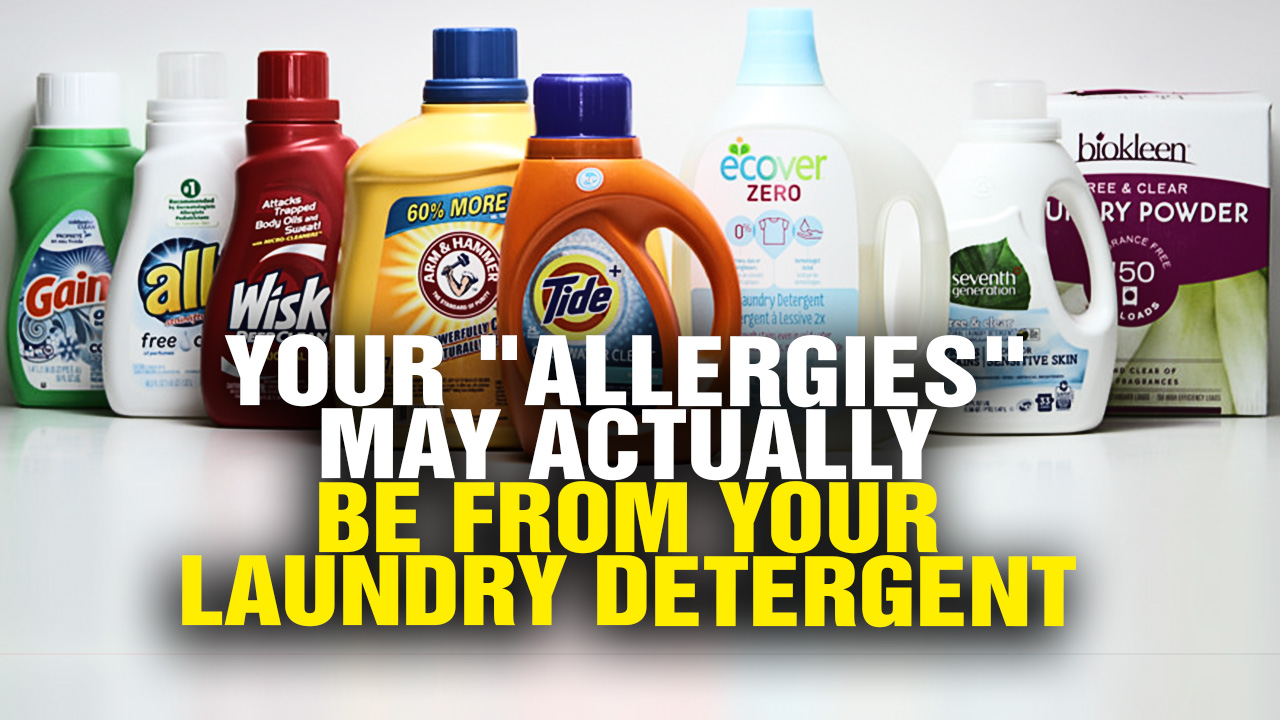See which fast food companies are using cancer causing packaging laced with fluorine-based chemicals
03/17/2017 / By Thomas Dishaw

Typically when we order fast food, we think we know what we’re getting into; overly processed food that has been chemically altered to taste good and become addictive, as well as containing high levels of sodium, fat, and cholesterol. If that wasn’t enough to keep people away, a recent study has found that the chemical makeup of the packaging on fast food items is just as harmful as what’s in fast food items.
The Silent Spring Institute discovered that one-third of fast food packaging tested contained fluoridated chemicals. These poly-fluorochemicals, or PFC’s, contain a synthetic coating which is used on fast food packages to keep grease from seeping out. PFC’s are also used to make water and stain repellent coatings like Teflon. These chemicals are linked to several health concerns including increased LDL cholesterol levels, fertility problems, kidney and testicular cancer, reduced hormone function, and thyroid disease. The chemicals also become built up in the bodies of people and animals worldwide. A CDC study found PFC’S in the blood of virtually all Americans. (RELATED: Get more news like this at Fastfood.news.)
The Silent Spring Institute conducted one of the most comprehensive studies on fluorinated chemicals to date by testing over 400 food package samples from 27 fast food restaurant chains. This included drink containers, paper wrappers, and paperboard for PFASs (per and polyfluoroalkyl substances, which are another form of PFC). The data analysis discovered fluorine in about 40% of the samples. Out of the types of packages tested, desert and bread wrappers had the highest percents of fluorine (56%) while sandwich and burger wrappers were not far behind (38%). The following 28 restaurants showed evidence of PFC’S in their wrappers, bags, and boxes:
Arby’s
Burger King
Carl’s Jr.
Checkers
Chick-fil-A
Chipotle
Church’s Chicken
Culver’s
Dairy Queen
Domino’s
Dunking Donuts
Five Guys
Jack in the Box
Jimmy John’s
KFC
Krispy Kreme
McDonald’s
Panera
Pizza Hut
Quiznos
Round Table Pizza
Starbucks
Steak ’n’ Shake
Subway
Taco Bell
Taco Time
Wendy’s
Local restaurant (not specified)
Out of all the restaurants tested, the biggest culprits were Jimmy Johns, Chick-fil-A, Quiznos, Chipotle, and Starbucks:
- Jimmy Johns= 9 food contact paper items tested, 100% tested positive for fluorine, likely indication of PFCs.
- Chipotle= 17 food contact paper items tested, 65% tested positive for fluorine, likely indication of PFCs.
- Chick-fil-A= 5 food contact paper items tested, 80% tested positive for fluorine, likely indication of PFCs.
- Quiznos= 9 food contact paper items tested, 100% tested positive for fluorine, likely indication of PFCs.
- Starbucks= 21 food contact paper items tested, 76% tested positive for fluorine, likely indication of PFCs.
The FDA banned the use of PFC’S in food packaging, but some fast-food restaurants continue to rely, in part, on grease-resistant packaging made with structurally similar chemicals that remain largely unknown to independent researchers. This choice by corporations is disturbing considering that grease-resistant food-contact paper and paperboard that is not contaminated with PFCs and other fluorinated chemicals have been available for the past ten years.
Aside from eating foods that are contaminated with these chemicals, additional exposure can be found in carpeting, clothing (specifically clothes that are water or stain resistant), water and dust from furniture that has been chemically treated for stain or water resistance.
To avoid exposure to PFC’S, the following precautions can be taken:
- Use stainless steel boxes, or glass storage containers to pack your meals.
- Drink pure, clean filtered water.
- Eat mostly fresh organic whole foods. Processed, pre-made, and packaged foods contain higher levels PFCs, phthalates, BPA, and preservatives.
- Store foods at home in glass containers rather than plastic.
- Avoid eating foods that are heated in their own packaging.
- Avoid any clothing or outdoor gear that is labeled stain or water repellent.
Source:
Tagged Under: fast food, fast food chains, PFCs, poly-fluorochemicals, Silent Spring Institute




















